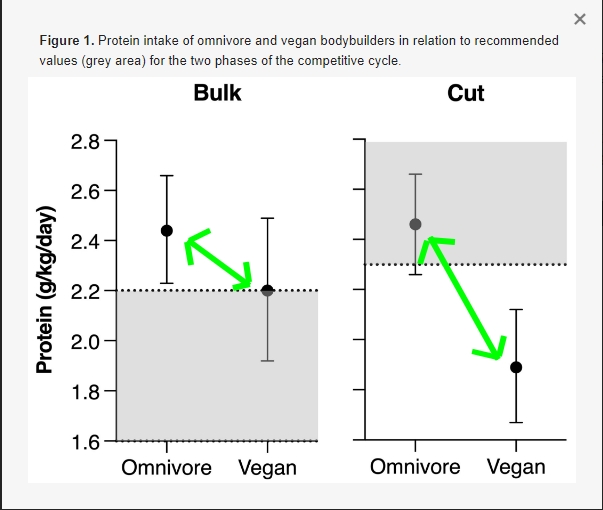Partial Replacement of Animal Proteins with Plant Proteins for 12 Weeks Accelerates Bone Turnover Among Healthy Adults: A Randomized Clinical Trial
Suvi T Itkonen, The Journal of Nutrition, 16 September 2020
Background
Plant-based diets may reduce the risk of chronic diseases, but can also lead to low calcium and vitamin D intakes, posing a risk for bone health.
Objectives
We investigated whether partial replacement of animal proteins with plant-based proteins using a whole-diet approach affects bone and mineral metabolism in healthy adults in 3 groups fed diets differing in protein composition.
Methods
This 12-week clinical trial was comprised of 107 women and 29 men (20–69 years old; BMI mean ± SD, 24.8 ± 3.9) randomly assigned to consume 1 of 3 diets designed to provide 17 energy percent (E%) protein: “animal” (70% animal protein, 30% plant protein of total protein intake), “50/50” (50% animal, 50% plant), and “plant” (30% animal, 70% plant) diets. We examined differences in bone formation [serum intact procollagen type I amino-terminal propeptide (S-iPINP)], bone resorption [serum collagen type 1 cross-linked C-terminal telopeptide (S-CTX)], mineral metabolism markers (primary outcomes), and nutrient intakes (secondary outcomes) by ANOVA/ANCOVA.
Results
S-CTX was significantly higher in the plant group (mean ± SEM, 0.44 ± 0.02 ng/mL) than in the other groups (P values < 0.001 for both), and differed also between the animal (mean ± SEM, 0.29 ± 0.02 ng/mL) and 50/50 groups (mean ± SEM, 0.34 ± 0.02 ng/mL; P = 0.018). S-iPINP was significantly higher in the plant group (mean ± SEM, 63.9 ± 1.91 ng/mL) than in the animal group (mean ± SEM, 55.0 ± 1.82 ng/mL; P = 0.006). In a subgroup without a history of vitamin D supplement use, plasma parathyroid hormone was significantly higher in the plant than in the animal group (P = 0.018). Vitamin D and calcium intakes were below recommended levels in the plant group (mean ± SEM, 6.2 ± 3.7 μg/d and 733 ± 164 mg/d, respectively).
Conclusions
Partial replacement of animal proteins with plant-based proteins for 12 weeks increased the markers of bone resorption and formation among healthy adults, indicating a possible risk for bone health. This is probably caused by lower vitamin D and calcium intakes from diets containing more plant-based proteins, but it is unclear whether differences in protein intake or quality play a major role.














